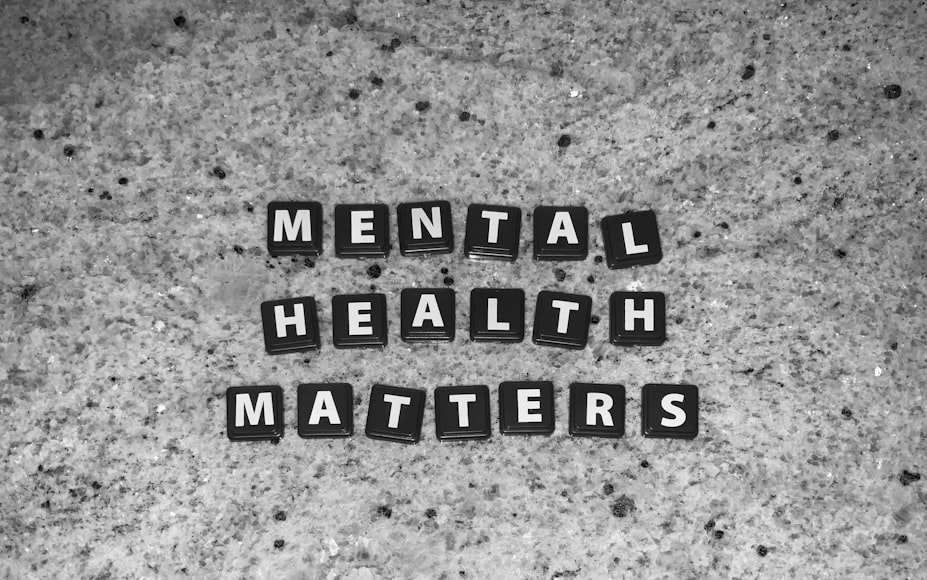
Mental health and technology may seem antagonistic, but, in reality, they are two sides of the same coin.
Technology, on the one hand, has taken a toll on the mental health of individuals by disrupting their circadian rhythm and resulting in anxiety disorder and depression. A fairly large number of studies assert that millions of Americans rely on anxiety pills to manage pain and anxiety.
However, on the flip side, 2020 witnessed many technological innovations in the mental healthcare sector that leveraged artificial intelligence (AI) and big data to address a raft of challenges not seen in previous generations.
In the last three years, technology has offered solutions from a range of fields to a task that remained insurmountable some time ago. Nowadays, individuals experiencing anxiety or depression can take charge of their mental health by using online programs on practically any device. But a few decades ago, this wasn’t possible.
With that being said, here’s a quick rundown of a few tech innovations that have changed the face of mental health practices. Let’s take a look at them.
1. Telepsychiatry
When technology didn’t make its way into the mental health sector, finding a licensed professional was challenging, especially in rural areas. Even if therapists were available, they were either booked or didn’t accept insurance, which made seeking professional help further difficult.
But the introduction of telepsychiatry has been a boon to patients and clinicians, especially those living in remote areas.
Patients can seek professional help from the comfort of their homes via their smart devices. Using practice management software, clinicians can schedule online sessions and provide remote video therapy to clients, regardless of location.
In this context, Owl Practice USA states that therapy practice management software must simplify the practitioner’s life rather than make it difficult.
Such software offers remote video therapy, allowing clients to manage and book their appointments from the practitioner’s website. Also, its intake and consent forms are mobile-friendly.
2. Transcranial Magnetic Stimulation
Previously, electroconvulsive therapy or ECT was considered the last resort to treat depression. Despite the likelihood of effectiveness being high, its adverse effects on memory and cognition were intolerable.
Presently, ECT has been replaced by magnets. Mental health providers use magnets to cure refractory depression.
With the help of magnetic devices, TMS or transcranial magnetic stimulation alters the brain’s electromagnetic environment. In a study, Stanford University School of Medicine revealed that transcranial magnetic stimulation brought rapid remission to 80% of participants with major depressive disorder.
3. AI- and Smartphone-Assisted Therapy
Throughout the past few years, the world has witnessed the rapid growth of AI-powered tools. Even the mental healthcare sector wasn’t left behind, as AI emerged to be among the most effective techniques in modern medicine.
Beginning in 2020, AI-powered technologies, including chatbots, have taken the mental healthcare industry by storm. Several chatbots are assisting patients with CBT or cognitive behavioral treatment. Not just that, but studies reveal that these tools will help manage their mental health symptoms in between their consultation.
Interestingly, several smartphone apps can recognize emotional distress in individuals by analyzing their speech patterns and voices.
These inventions, in no way, can replace human counselors. Rather, they are like assistants of mental health practitioners that are available 24/7. In case an intervention is needed, they will alert the provider.
4. Virtual Reality (VR) for Mental Health
Over the years, the cost of virtual reality technology has dropped drastically. That means regular mental health practitioners and patients can now afford cutting-edge VR therapies.
A pool of researchers has found VR effective in treating post-traumatic stress disorder, phobias, and anxiety, among other conditions. People with autism can use VR to improve their ability to cope with stressful situations like delivering a speech or a job interview.
In addition, children with attention-deficit hyperactive disorder (ADHD) can practice concentration or improve focus in a VR classroom.
5. Video Games as Prescription
After virtual reality therapies, video games have been found useful in mental wellness.
Children with attention disorders can improve their focus with VR classrooms, but so can they by playing video games. Earlier, there were concerns about the safety of using video games to treat mental health issues. But the FDA’s approval of the first-ever prescription videogame put lingering doubts to rest.
Playing video games helps individuals experience significant improvements in their mental health because it allows them to multitask.
Mental Health Tech Innovations- Wrapping Up
Considering that technology is advancing at a rapid rate, the future of the mental healthcare sector is promising. As a mental health provider, you must keep up with the latest trends. Otherwise, staying ahead of the curve will become impossible.
In the coming years, we’ll witness more and more mental health practitioners utilize these strategies because of their inherent promise of better patient outcomes.
